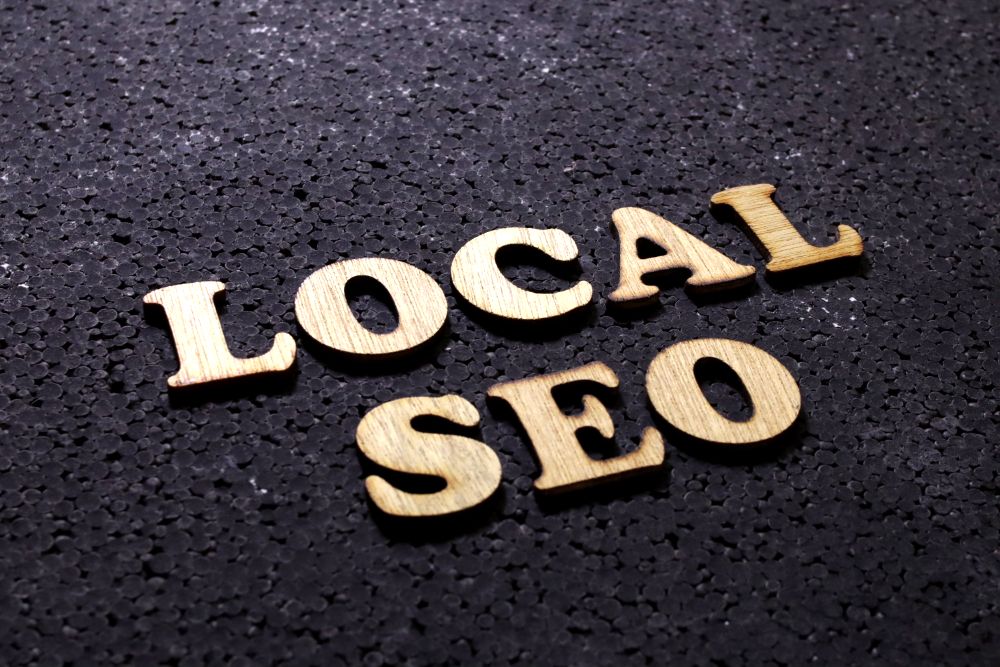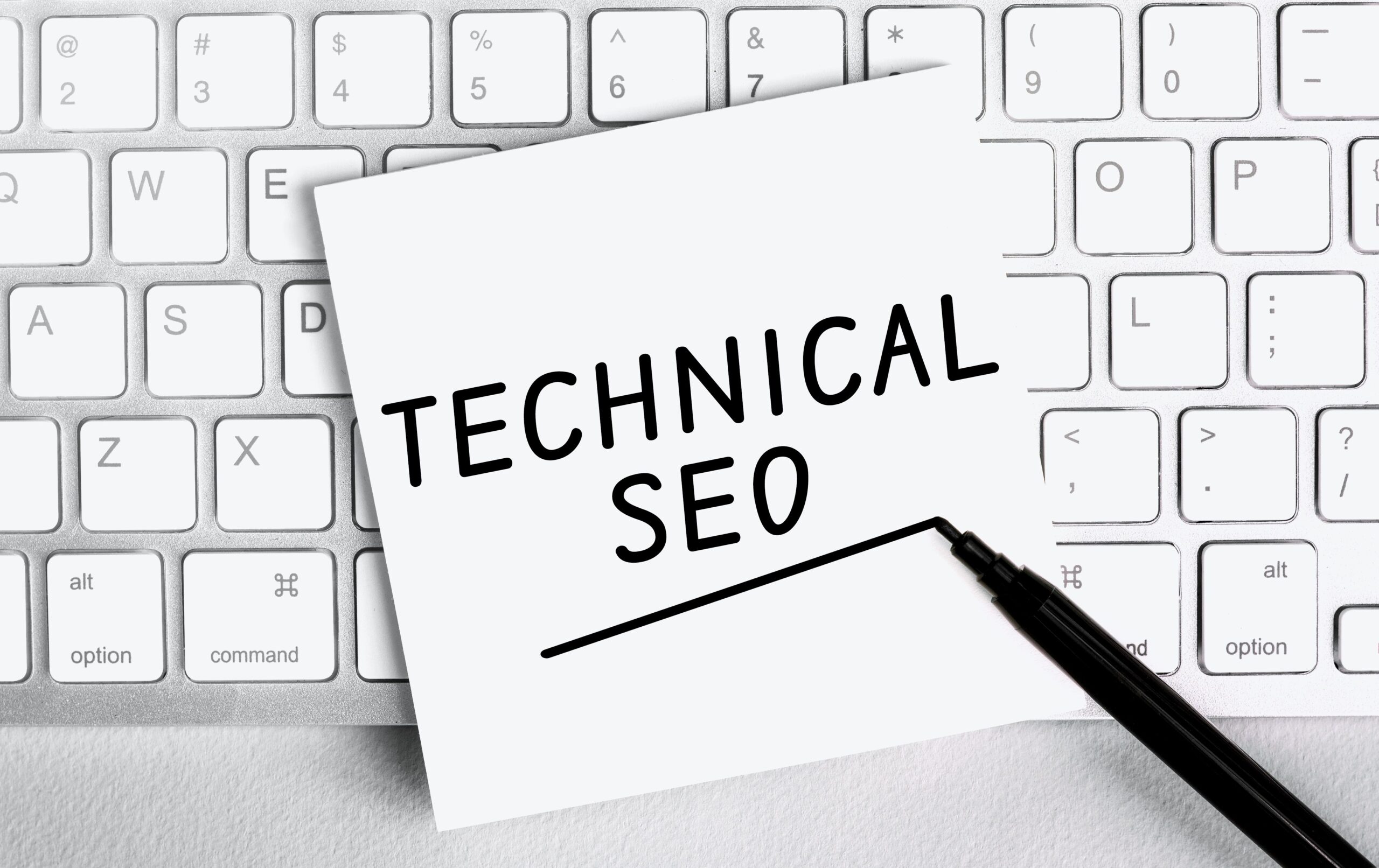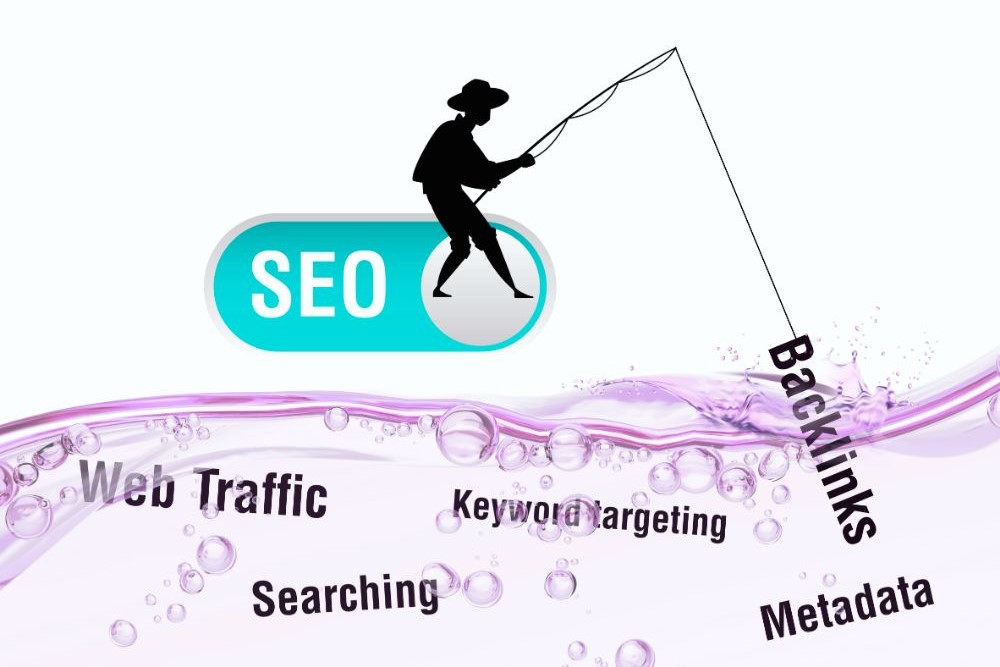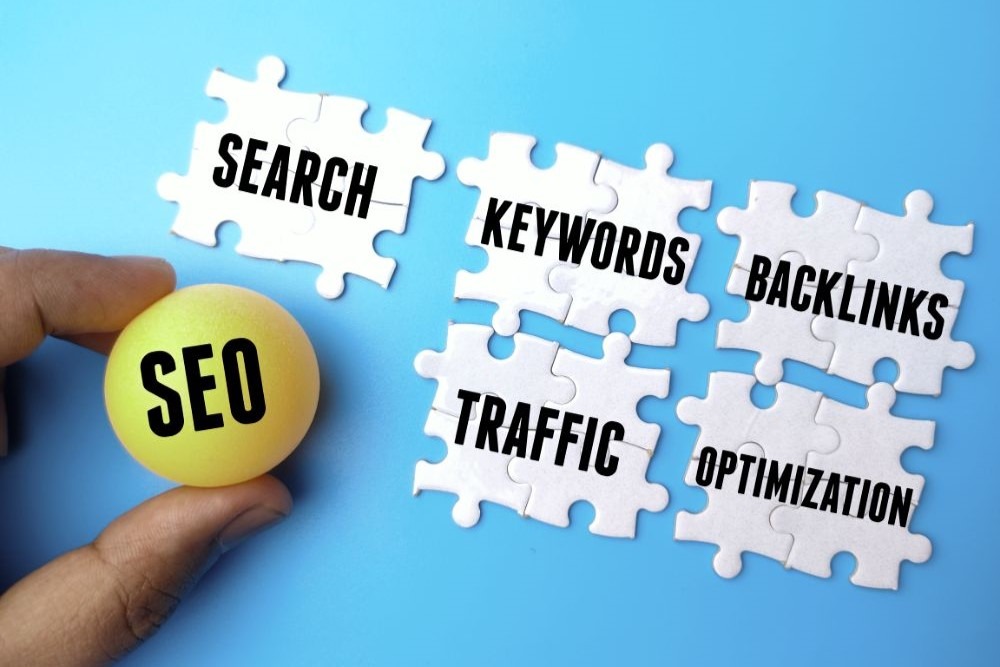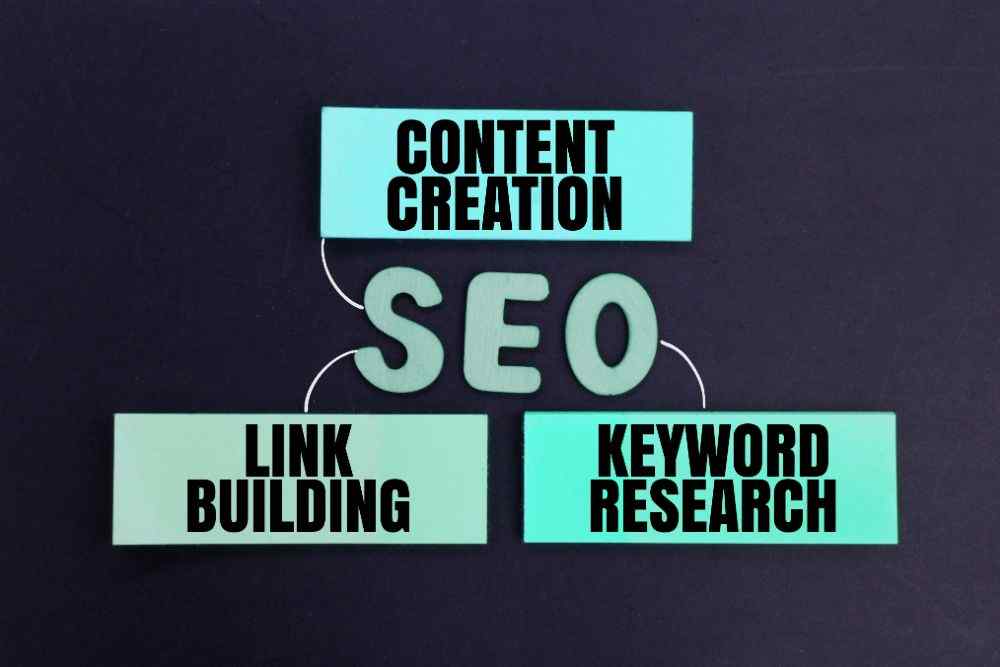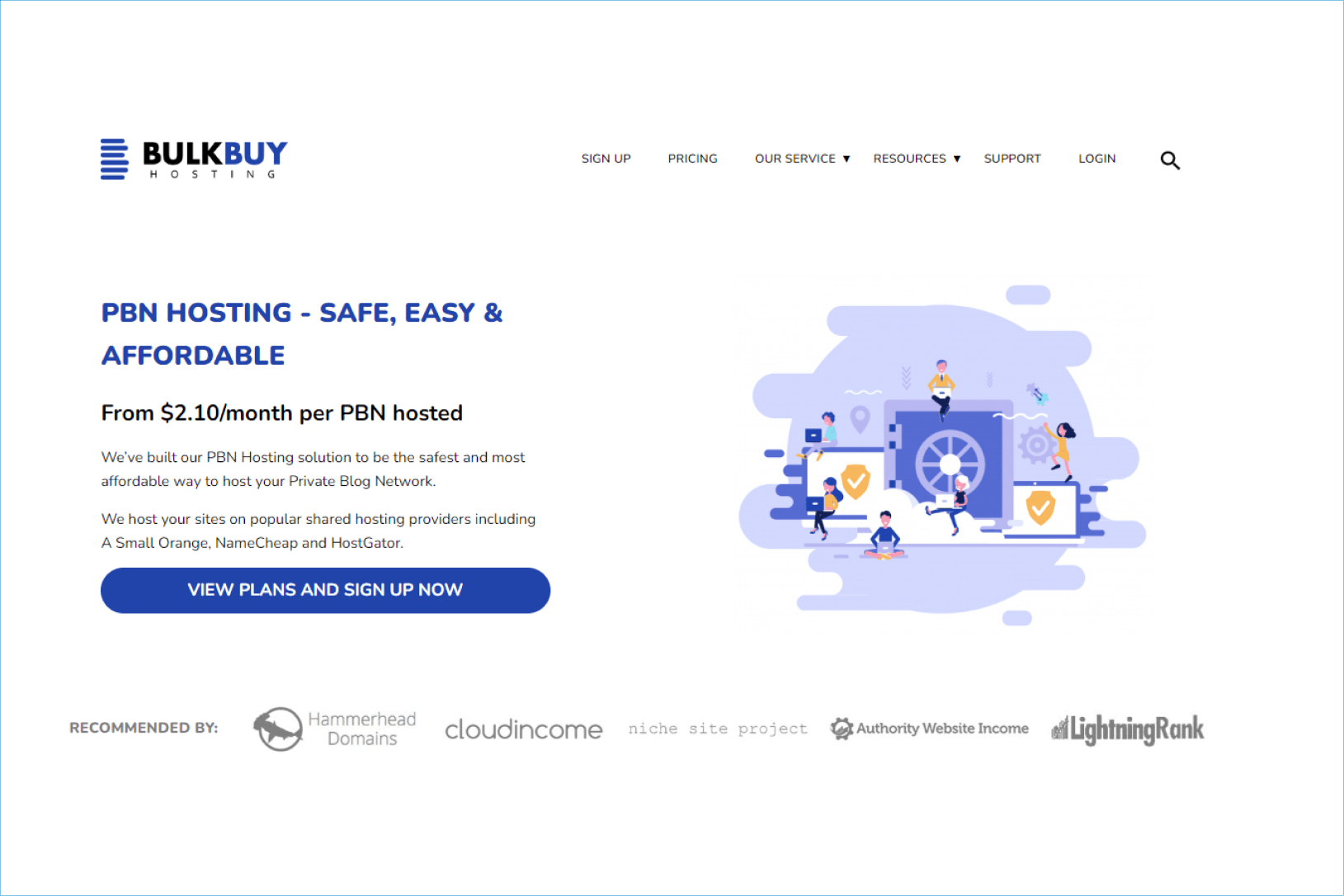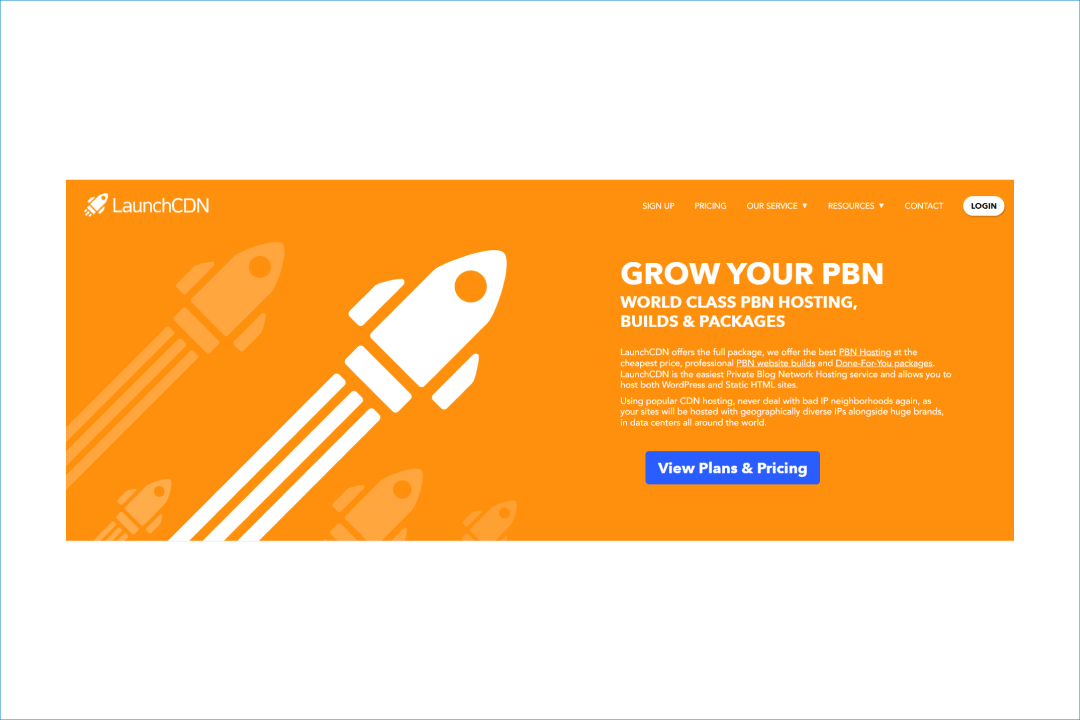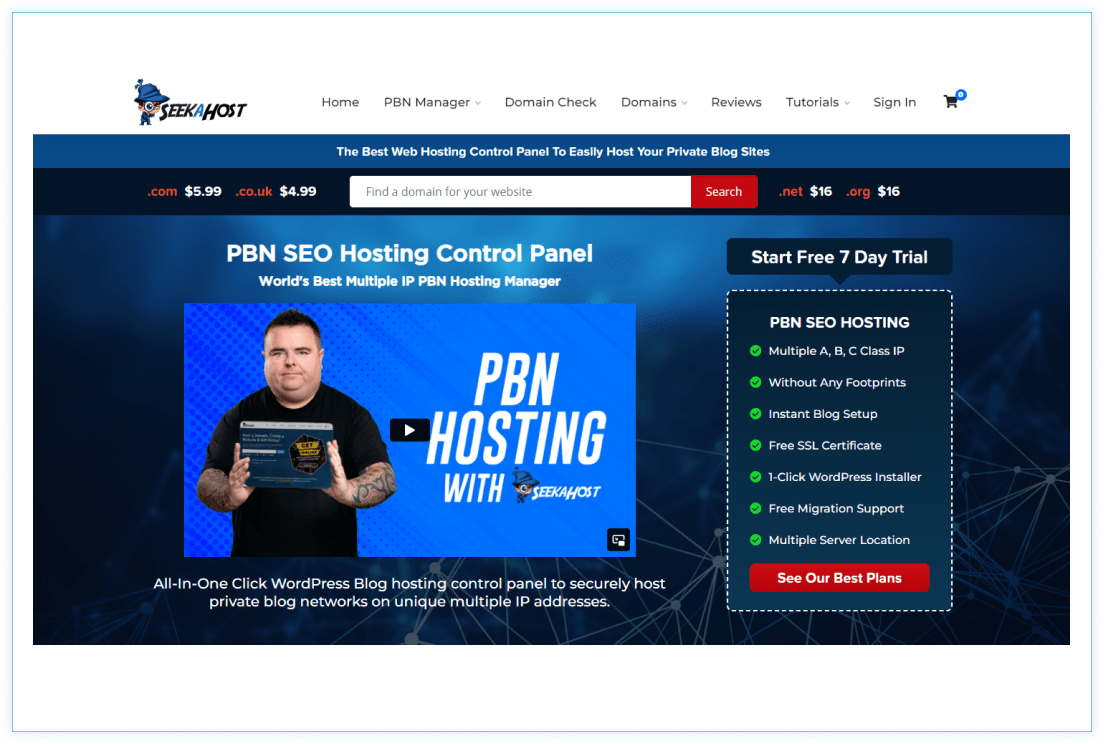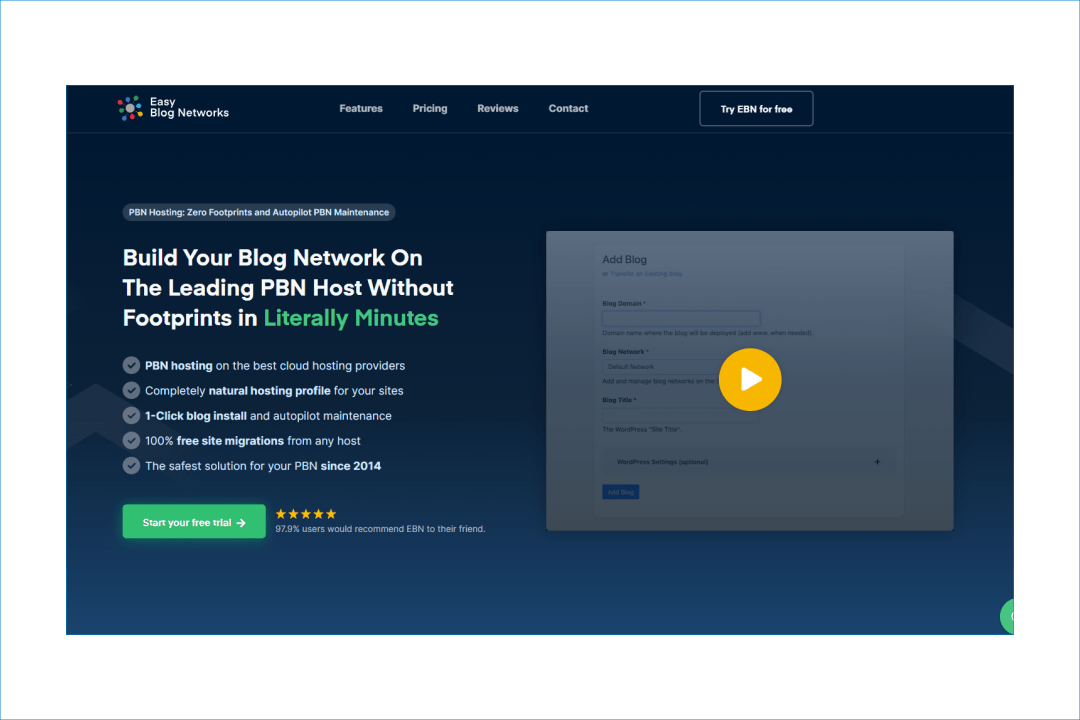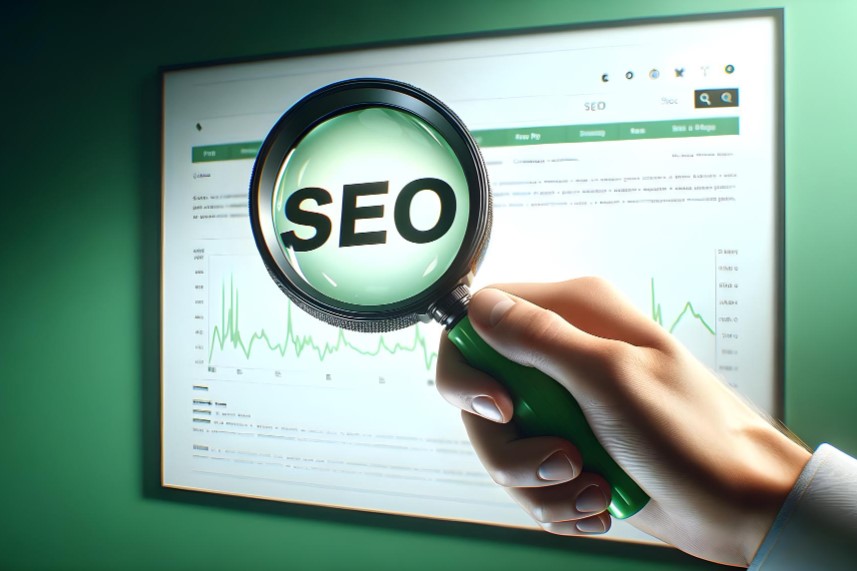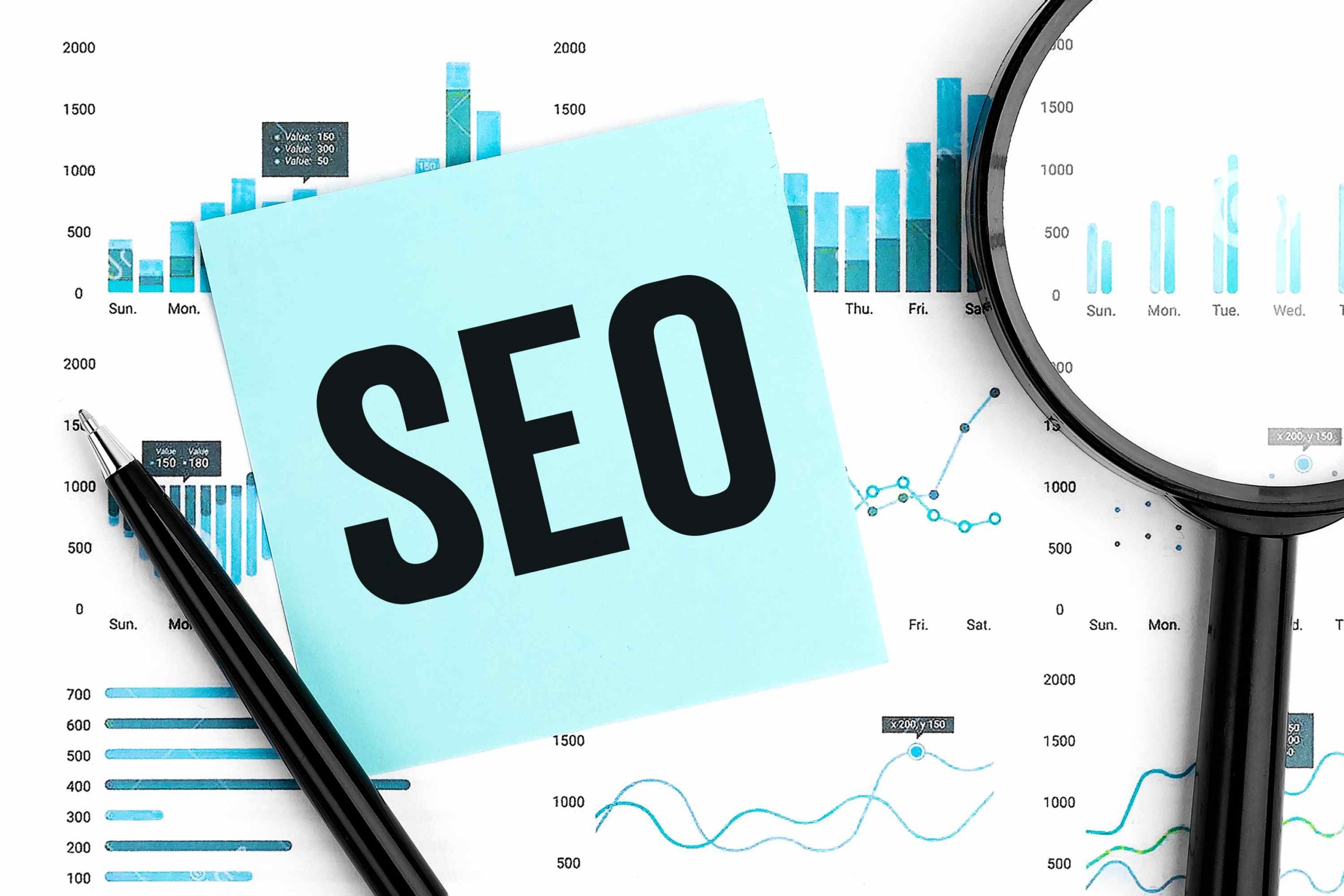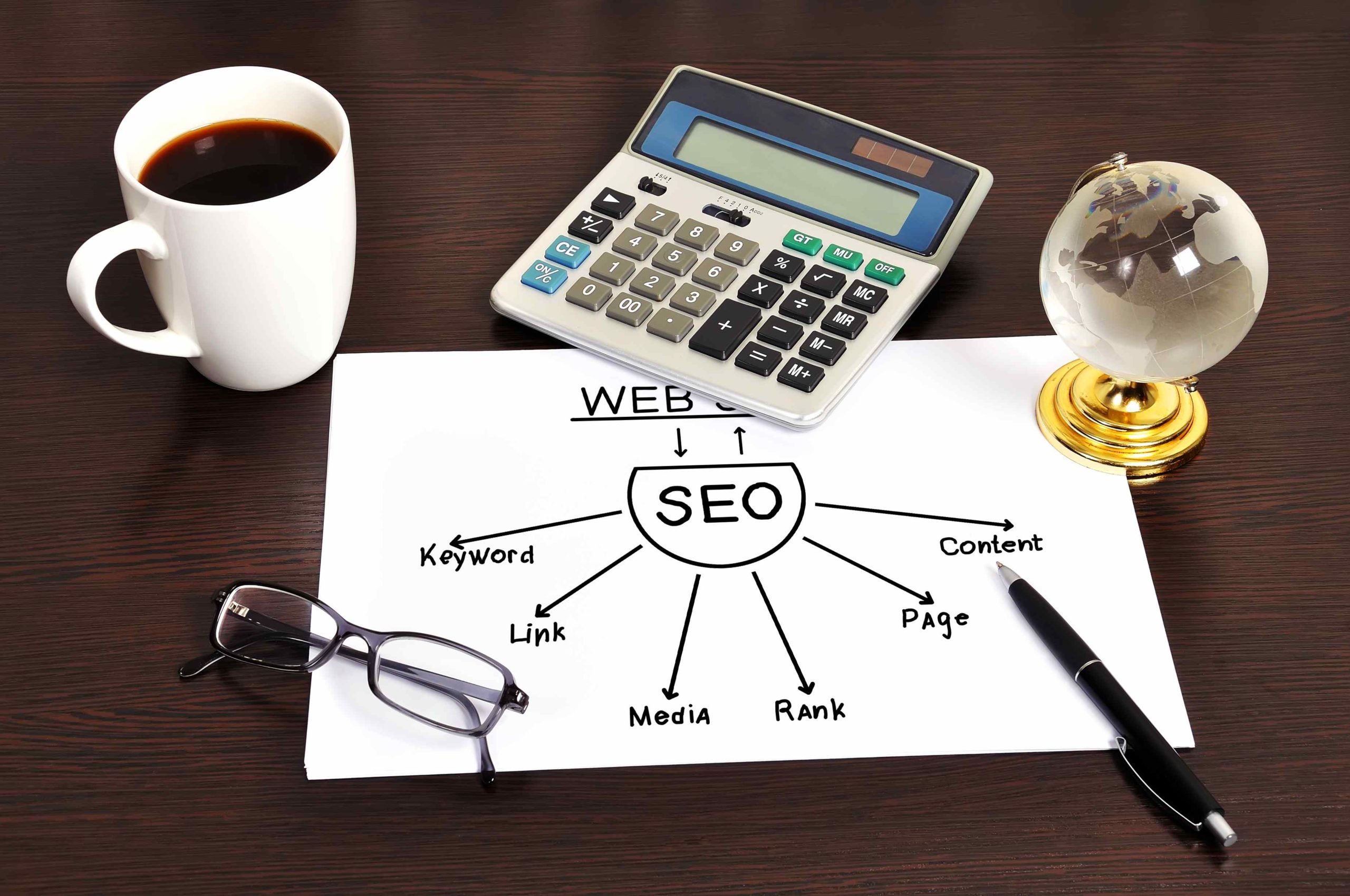
In the dynamic and highly competitive world of digital marketing, securing a prominent position on search engine results pages (SERPs) is essential for driving traffic and achieving business success. Search Engine Optimization (SEO) is the cornerstone of this effort, and while many businesses focus on refining their on-page SEO, off-page SEO can truly move a website to the top of search results.
Without a strong off-page SEO strategy, even the most well-optimized website may struggle to achieve the rankings and traffic it deserves. Whether you’re new to SEO or looking to deepen your understanding, this guide will walk you through everything you need to know about off-page SEO, from its importance to the best practices that can elevate your online presence.
Key Takeaways
- Off-page SEO includes all the external actions that contribute to improving a website’s visibility and ranking on search engines.
- Off-page SEO is essential for building domain authority, credibility, and trust with both users and search engines like Google.
- Key off-page SEO techniques include link building, social media marketing, influencer collaborations, and online reputation management.
- Off-page SEO complements on-page efforts by reinforcing your site as an authoritative and valuable resource.
- A well-executed off-page SEO strategy can result in higher search rankings, increased organic traffic, and stronger brand recognition.
What is Off-Page?
Off-page SEO (search engine optimization), or off-site SEO, is a crucial aspect of search engine optimization that focuses on actions taken outside of your website to improve its ranking in search engine results pages (SERPs). Unlike on-page SEO, which involves optimizing elements within your website, off-page SEO is about enhancing your website’s authority, trustworthiness, and reputation by leveraging external factors.
The main aspect of off-page SEO is link building, where you earn backlinks from other reputable websites. However, off-page SEO also includes social media interactions, brand mentions, influencer outreach, and more. These collective actions are designed to show search engines that your website is a valuable and reliable source of information.
Why Off-Page SEO Is Important
Here are the key reasons why off-page SEO is important:
- Improves Search Engine Rankings: Off-page SEO helps improve a website’s position in search engine results pages (SERPs) by building high-quality backlinks. These backlinks act as endorsements from other websites, signaling to search engines that your site is a credible and valuable resource. If you are interested in buying high-quality backlinks, read this article: https://quirk.biz/buying-high-quality-backlinks/.
- Builds Website Authority and Credibility: By acquiring links from reputable sites, off-page SEO establishes your website as an authoritative source in its niche. This credibility is crucial for gaining trust from both search engines and users.
- Enhances Brand Recognition and Exposure: Off-page SEO increases your brand’s visibility through mentions on other websites and platforms. This exposure not only drives traffic but also boosts brand recognition and awareness, which can lead to more leads and conversions.
- Drives Referral Traffic: Backlinks from other sites can bring direct traffic to your website. This referral traffic often includes users who are genuinely interested in your content, leading to higher engagement rates.
- Long-term Benefits: The effects of a strong off-page SEO strategy are often long-lasting. A strong backlink profile can sustain your website’s rankings over time, providing a competitive edge. Learn more about how important backlinks are for SEO.
- Complements On-Page SEO: While on-page SEO focuses on optimizing elements within your website, off-page SEO complements these efforts by demonstrating your site’s value and relevance to external sources. Both are essential for a comprehensive SEO strategy.
How Off-Page SEO Works
Off-page SEO works by creating signals that tell search engines your website is a reputable, valuable, and trusted resource within your niche or industry. As we already mentioned, the primary method for achieving this is through backlinks. When other websites link to yours, it’s like receiving a vote of confidence in the quality and relevance of your content. However, not all backlinks are equal; search engines place greater value on links from authoritative, high-traffic websites. The more quality backlinks your site has, the more likely search engines will view it as a trusted source and rank it higher in search results.
In addition to link building, off-page optimization also involves generating social signals. Social media platforms are powerful tools for driving traffic and increasing engagement with your content. When your content is liked, shared, and commented on, it sends positive signals to search engines about its relevance and popularity. Another important aspect of off-page SEO is brand mentions, which can occur on blogs, news sites, forums, and other platforms. Even if these mentions don’t include direct backlinks, they contribute to your site’s authority and visibility by associating your brand with quality content.
Influencer outreach is another effective off-page SEO technique. By partnering with influencers with a strong following within your industry, you can gain access to their audience, who may trust their recommendations and, in turn, visit your site. This increases traffic and leads to more backlinks and brand mentions, further enhancing your off-page SEO efforts.
On-Page SEO vs. Off-Page SEO
On-page SEO and off-page SEO are two fundamental components of a comprehensive search engine optimization strategy, each focusing on different aspects to enhance a website’s visibility and ranking in search engine results pages (SERPs).
On-page SEO helps ensure that your website is optimized for search engines and users, while off-page SEO builds your site’s authority and reputation. Together, they work to improve your website’s rankings, visibility, and ability to attract organic traffic. It’s often recommended to focus on on-page SEO first, as it lays the foundation for effective off-page efforts.
On-Page SEO
On-page SEO involves optimizing elements within your own website that you have control over. It focuses on improving the content and structure of individual web pages to enhance their relevance and user experience. Key aspects of on-page SEO include:
- Content Quality: Ensuring that the content is valuable, relevant, and optimized with targeted keywords to match user intent.
- HTML Tags: Optimizing title tags, meta descriptions, and header tags to improve search engine understanding of the content.
- URL Structure: Creating clean, descriptive URLs that include keywords.
- Internal Linking: Linking to other relevant pages within the website to improve navigation and distribute page authority.
- User Experience: Enhancing page load speed, mobile-friendliness, and overall usability to provide a better experience for visitors.
Off-Page SEO
Off-page SEO focuses on activities outside your website to increase its authority and trustworthiness. It involves building relationships and promoting your site through various external channels. Key elements of off-page SEO include:
- Backlinks: Acquiring high-quality backlinks from reputable websites, which act as endorsements and signal to search engines that your site is credible.
- Social Media Marketing: Engaging with audiences on social media platforms to increase brand awareness and drive traffic. Read our article about marketing strategy for more helpful insights.
- Online Reputation Management: Managing reviews and brand mentions to build a positive online reputation.
- Influencer Marketing: Collaborating with influencers to promote your content and reach a broader audience.
Key differences between on-page SEO and off-page SEO:
| Feature | On-Page SEO | Off-Page SEO |
|---|---|---|
| Focus | Elements within your website | Activities outside your website |
| Control | Full control over optimization | Limited control, relies on external factors |
| Key Components | Content quality, HTML tags, URL structure, internal linking, user experience | Backlinks, social media marketing, online reputation management, influencer marketing |
| Objective | Improve relevance, usability, and user experience | Enhance authority, credibility, and trustworthiness |
| Content Optimization | Involves keyword optimization and content creation | Involves content promotion and distribution |
| Technical Aspects | Page speed, mobile-friendliness, site architecture | N/A |
| Impact on Rankings | Directly affects search engine understanding and indexing | Indirectly affects rankings through external endorsements |
| Examples | Optimizing title tags, meta descriptions, and images | Building backlinks, engaging on social media |
The Best Off-Page SEO Techniques
- Link Building: This is a fundamental off-page SEO strategy that involves acquiring high-quality backlinks from reputable websites. The more authoritative and relevant the linking site, the more beneficial the backlink is for your SEO.
- Content Marketing: Creating and promoting valuable content is essential for earning backlinks and increasing brand visibility. This can include a variety of content types such as articles, infographics, videos, and more. High-quality content naturally attracts links and shares, helping to improve your site’s authority.
- Guest Posting: Writing and publishing content on other websites is a great way to gain exposure and backlinks. By contributing valuable content to reputable sites in your niche, you can establish authority and drive traffic back to your own site.
- Social Media Marketing: Engaging with audiences on social media platforms can increase the reach and engagement of your content. While social media signals don’t directly impact search rankings, they can drive traffic and enhance brand awareness, indirectly benefiting your SEO efforts.
- Influencer Outreach: Collaborating with influencers in your industry can help promote your content and gain valuable backlinks. Influencers have established audiences and can amplify your reach, lending credibility and authority to your brand.
- Forum and Q&A Participation: Engaging in relevant forums and Q&A sites like Quora can help build authority and drive traffic to your site. By providing valuable answers and insights, you can enhance your brand’s reputation and visibility.
- Local Listings: Optimizing your business profiles on local directories and review platforms is crucial for improving local SEO. Accurate and consistent listings can attract local customers and enhance your online presence in specific geographic areas.
- Online Reputation Management: Managing reviews and brand mentions is vital for building a positive online reputation. Encouraging positive reviews and addressing negative feedback can influence how your brand is perceived, impacting search rankings and user trust.
- Digital PR: Using public relations techniques to gain media attention and authoritative backlinks can significantly boost your SEO. Digital PR efforts can increase brand awareness, drive referral traffic, and enhance your site’s authority. Also, you can check out our article What Is Digital Marketing.
Conclusion
Off-page SEO is an essential part of every SEO strategy, working alongside on-page SEO to establish your website’s authority, credibility, and visibility. By focusing on external factors such as link building, social media engagement, and influencer outreach, you can significantly enhance your site’s reputation and attract more organic traffic.
Off-page SEO is about building relationships and creating a strong online presence that search engines recognize and reward.
By implementing the best off-page SEO techniques, you can achieve higher search engine rankings, drive more traffic to your site, and ultimately grow your business.
Remember, SEO is a long-term investment, and a balanced approach that includes both on-page and off-page strategies is key to sustained success in the digital world.












